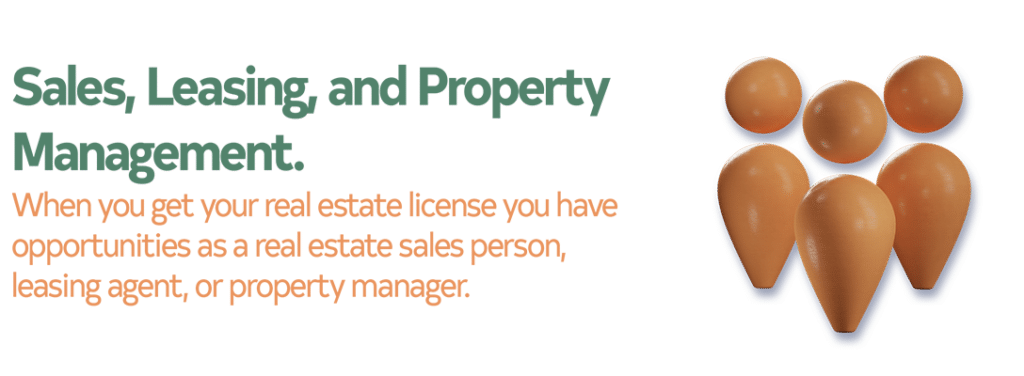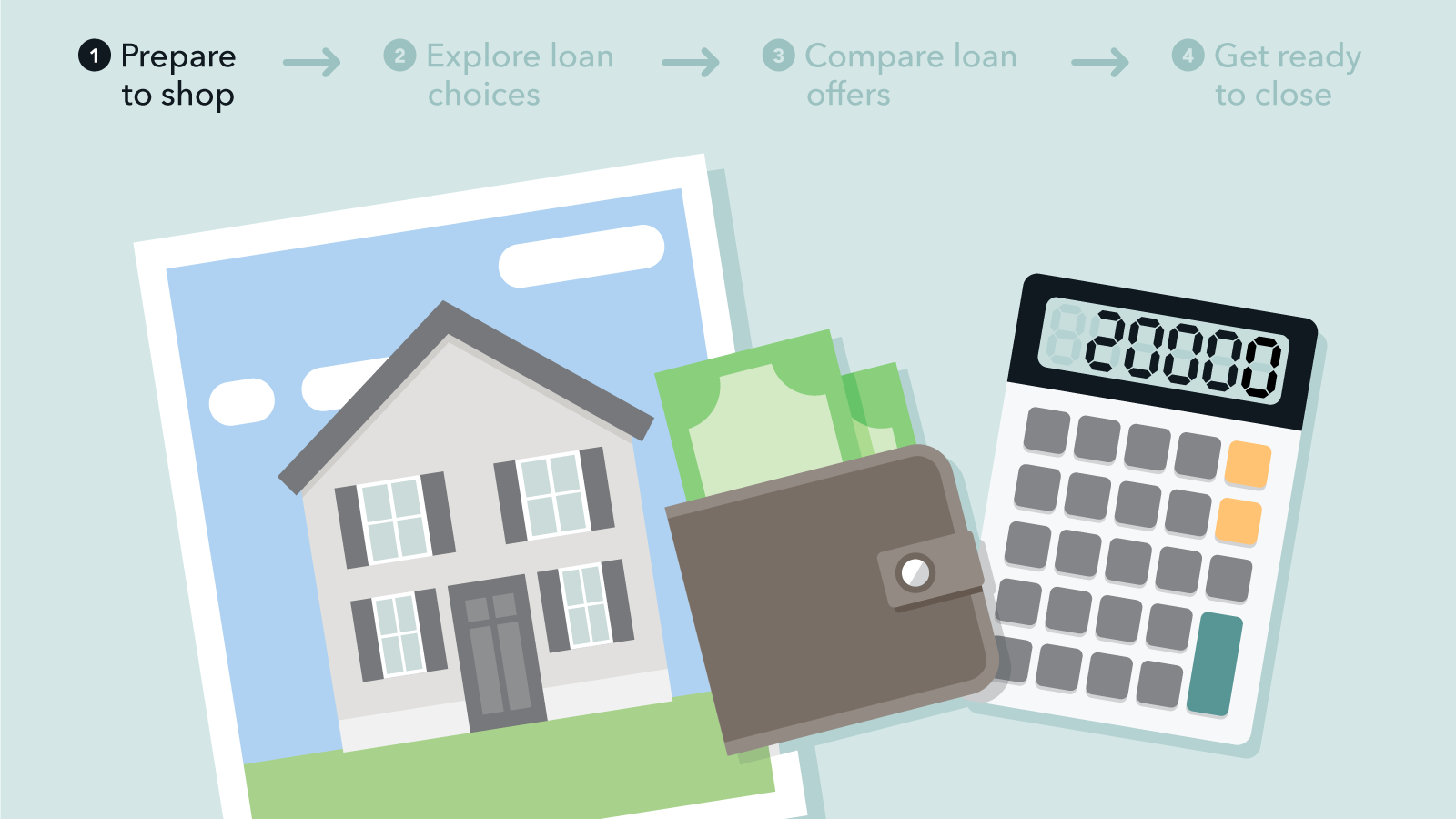
Real estate mentors are people who guide you on the path to becoming a real estate investor. They can also help you develop a strategy that will work for your goals and needs. Finding a good real estate mentor is not easy.
A successful mentoring relationship shouldn't be one where either party feels under pressure. You should not feel pressured by your mentor. Instead, he or she should be able provide you with advice and guidance to help you reach your goals.
Before you begin looking for a coach, identify your goals and objective. If you are looking to create generational wealth, replace your current income or build your networth, it is important to know what your goals and objectives are. You can then narrow down the strategies for which you need a mentor and determine which type of mentoring is right for you.
Choose a mentor that is experienced in the specific investment strategy you want to learn about. Depending on your personal goals, this can be as simple as finding a mentor who is a house flipper or someone with experience in owner financing or wholesaling land and apartments.

Find a person with whom you get along. The more you connect with your mentor the easier it is to discuss real-estate and develop a rapport. Share stories of your family, holidays or even a silly story.
You can ask your family and friends to recommend someone who might be a great mentor. You may be surprised at how many people in your network know someone who is a real estate investor or professional.
Use online platforms like Facebook to find an influencer in real estate who will mentor you. This is an excellent way to make new friends and gain valuable information about investing and the real estate market.
Real estate investors have access to many free resources, such as books, podcasts, online training, etc. It is important to invest time in learning about the industry before seeking out a mentor.
Select a coach with the same risk tolerance personality as yours. Find a mentor with the same values as you if you're a buy-and-hold investor. If your mentor has a fix-and-flip approach, they may not be supportive of your desire to build a portfolio with rental properties that produce passive income.

Be sure that your mentor is familiar with the tax laws that affect real estate investing. He or she should know how to reduce taxable earnings by using depreciation and rental expenses, as well as how to minimize capital gain taxes via a 1031 Exchange.
In addition, a mentor should have a lot of knowledge about their own business, and should be prepared to teach you everything they know in a way that will benefit you. They should know how to connect and should be willing teach you the best way to build your real estate business.
FAQ
How many times can my mortgage be refinanced?
This depends on whether you are refinancing with another lender or using a mortgage broker. You can refinance in either of these cases once every five-year.
What are the top three factors in buying a home?
The three most important things when buying any kind of home are size, price, or location. The location refers to the place you would like to live. Price refers the amount that you are willing and able to pay for the property. Size refers how much space you require.
What should I be looking for in a mortgage agent?
People who aren't eligible for traditional mortgages can be helped by a mortgage broker. They work with a variety of lenders to find the best deal. This service may be charged by some brokers. Others offer no cost services.
What is a reverse loan?
Reverse mortgages are a way to borrow funds from your home, without having any equity. This reverse mortgage allows you to take out funds from your home's equity and still live there. There are two types: government-insured and conventional. Conventional reverse mortgages require you to repay the loan amount plus an origination charge. FHA insurance covers repayments.
How do I calculate my interest rates?
Market conditions can affect how interest rates change each day. The average interest rates for the last week were 4.39%. The interest rate is calculated by multiplying the amount of time you are financing with the interest rate. Example: You finance $200,000 in 20 years, at 5% per month, and your interest rate is 0.05 x 20.1%. This equals ten bases points.
Can I get another mortgage?
Yes. But it's wise to talk to a professional before making a decision about whether or not you want one. A second mortgage can be used to consolidate debts or for home improvements.
Statistics
- This seems to be a more popular trend as the U.S. Census Bureau reports the homeownership rate was around 65% last year. (fortunebuilders.com)
- It's possible to get approved for an FHA loan with a credit score as low as 580 and a down payment of 3.5% or a credit score as low as 500 and a 10% down payment.5 Specialty mortgage loans are loans that don't fit into the conventional or FHA loan categories. (investopedia.com)
- Over the past year, mortgage rates have hovered between 3.9 and 4.5 percent—a less significant increase. (fortunebuilders.com)
- Some experts hypothesize that rates will hit five percent by the second half of 2018, but there has been no official confirmation one way or the other. (fortunebuilders.com)
- When it came to buying a home in 2015, experts predicted that mortgage rates would surpass five percent, yet interest rates remained below four percent. (fortunebuilders.com)
External Links
How To
How to find real estate agents
A vital part of the real estate industry is played by real estate agents. They help people find homes, manage their properties and provide legal advice. Experience in the field, knowledge of the area, and communication skills will make a great real estate agent. Look online reviews to find qualified professionals and ask family members for recommendations. Consider hiring a local agent who is experienced in your area.
Realtors work with residential property sellers and buyers. The job of a realtor is to assist clients in buying or selling their homes. As well as helping clients find the perfect home, realtors can also negotiate contracts, manage inspections and coordinate closing costs. Most realtors charge a commission fee based on the sale price of the property. However, some realtors don't charge a fee unless the transaction closes.
The National Association of Realtors(r), (NAR), has several types of licensed realtors. Licensed realtors must pass a test and pay fees to become members of NAR. Certified realtors are required to complete a course and pass an exam. Accredited realtors are professionals who meet certain standards set by NAR.